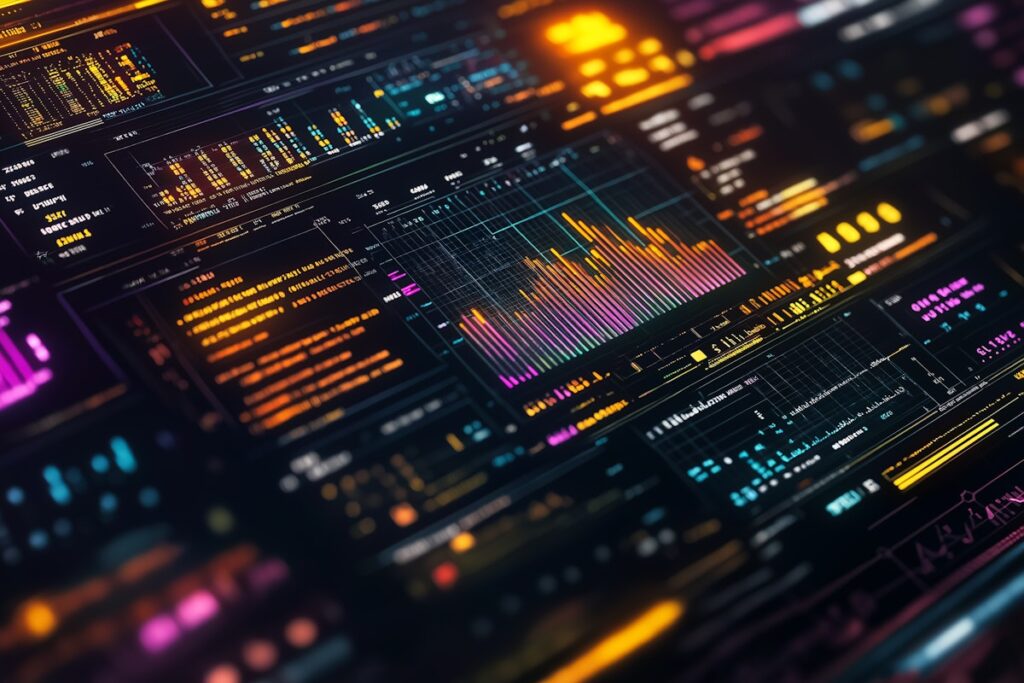The world of Artificial Intelligence is constantly evolving, with new terms and concepts emerging frequently. Two such terms that often cause confusion are “AI agent” and “agentic AI.” While they might sound similar, there are key differences between the two. Understanding these differences is crucial for anyone trying to keep up with the rapid advancements in AI.
What is an AI Agent?
An AI agent is a self-contained program capable of perceiving its environment and taking actions to maximize its chances of success. Think of it as a software robot that can operate autonomously, making decisions based on the data it collects and the goals it’s programmed to achieve. These agents can be simple, like a chatbot that responds to customer queries, or complex, like a self-driving car navigating through traffic.
Key characteristics of AI agents:
- Autonomy: AI agents operate independently, making decisions without constant human intervention.
- Goal-oriented: They are designed to achieve specific objectives, whether it’s winning a game, optimizing a process, or providing customer service.
- Reactivity: They respond to changes in their environment, adapting their behavior accordingly.
- Proactiveness: Some advanced AI agents can anticipate future events and take preemptive actions.
- Learning: Many AI agents utilize machine learning algorithms to improve their performance over time.
Examples of AI agents include:
- Software robots: Automating tasks like data entry or web scraping.
- Chatbots: Providing customer support or answering questions.
- Video game characters: Controlled by AI to provide a challenging and engaging experience.
- Self-driving cars: Navigating roads and making driving decisions.
- Recommendation systems: Suggesting products or content based on user preferences.
What is Agentic AI?
Agentic AI, on the other hand, refers to a higher level of AI capability. It describes AI systems that exhibit a sense of agency, meaning they can initiate actions, make independent choices, and pursue goals in a way that resembles human decision-making. Agentic AI goes beyond simply reacting to its environment; it actively shapes and influences it.
Key characteristics of Agentic AI:
- Intentionality: Agentic AI demonstrates a clear purpose and takes actions to achieve it.
- Planning and strategizing: It can formulate plans and strategies to achieve long-term goals.
- Adaptability: It can adjust its behavior and strategies in response to unforeseen circumstances.
- Collaboration: It can work with other AI agents or humans to achieve shared objectives.
- Explanation and justification: Ideally, agentic AI can explain its reasoning and justify its actions.
The concept of agentic AI is still largely theoretical, and we are only beginning to see glimpses of its potential. However, as AI research progresses, we can expect to see more systems that exhibit these advanced capabilities.
Key Differences: A Summary
| Feature | AI Agent | Agentic AI |
|---|---|---|
| Focus | Task completion | Goal achievement and influence |
| Autonomy | Reactive and proactive | Intentional and strategic |
| Decision-making | Based on pre-programmed rules and learned patterns | More complex, involving planning and adaptation |
| Interaction | Primarily responds to environment | Actively shapes and influences environment |
| Development stage | Current technology | Future potential |
The Future of AI: Agents and Agency
Both AI agents and the concept of agentic AI are crucial for the future of artificial intelligence. AI agents are already transforming industries and automating tasks, while agentic AI holds the promise of even more sophisticated and impactful applications. As AI continues to evolve, the line between these two concepts may become increasingly blurred, but understanding their fundamental differences will remain essential for navigating this rapidly changing landscape. The development of truly agentic AI raises important ethical and societal considerations, and ongoing discussion and research are crucial to ensure its responsible development and deployment.


